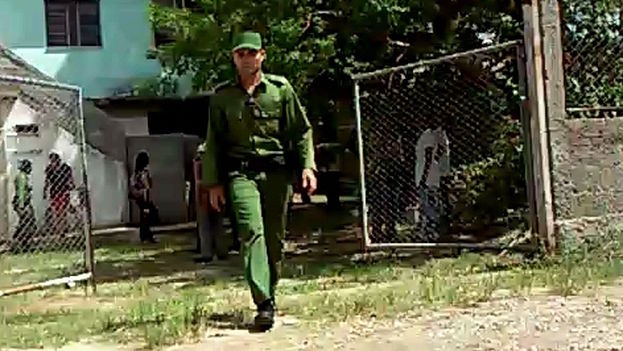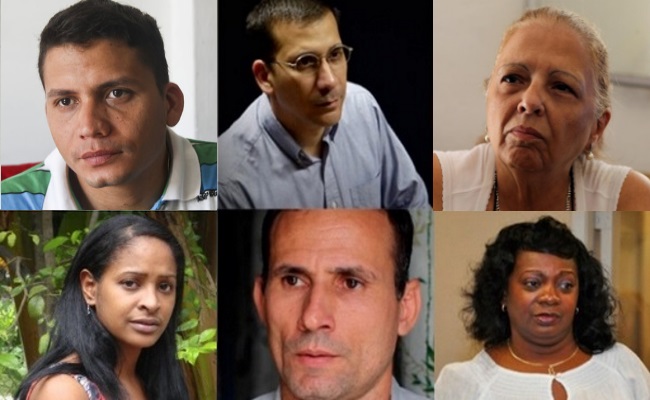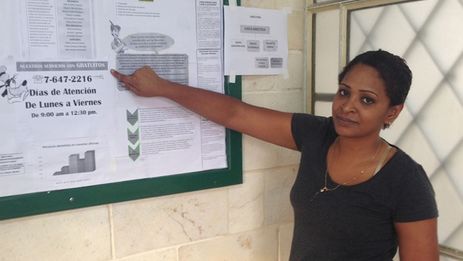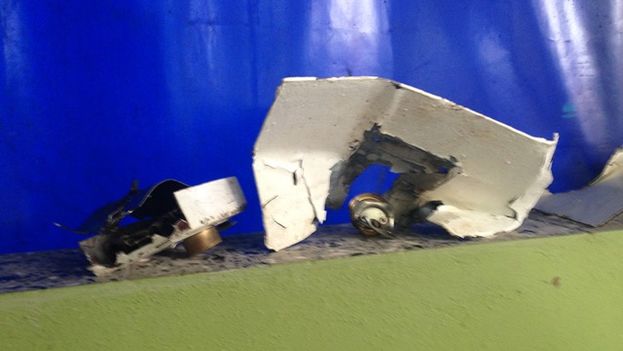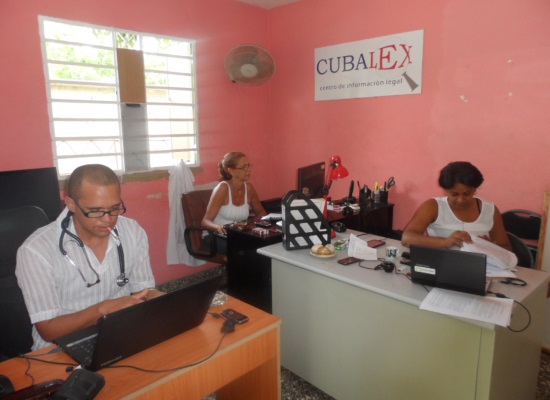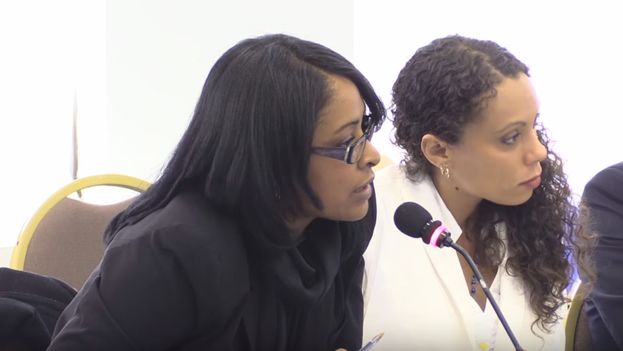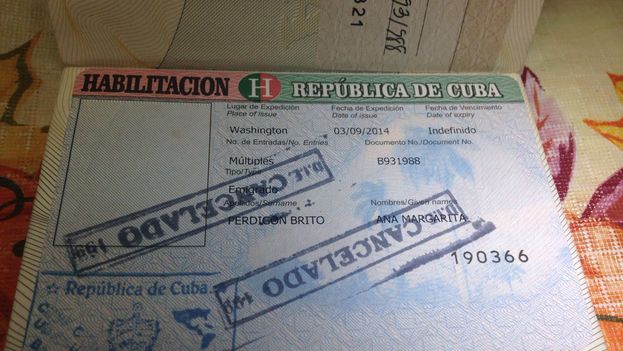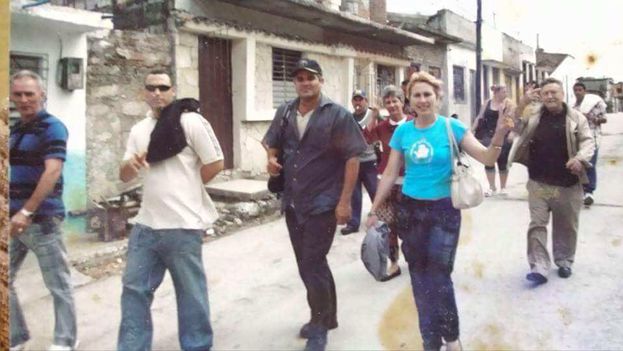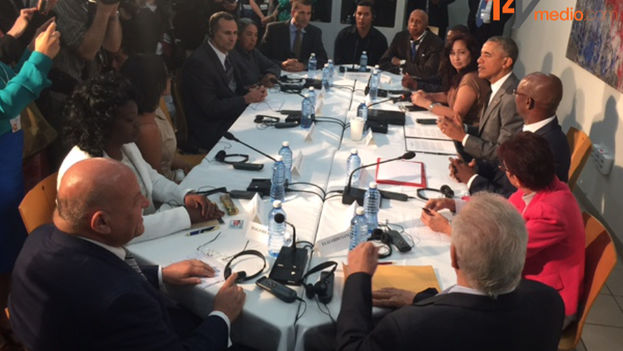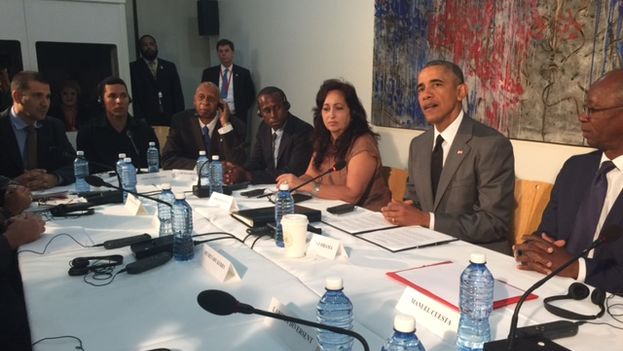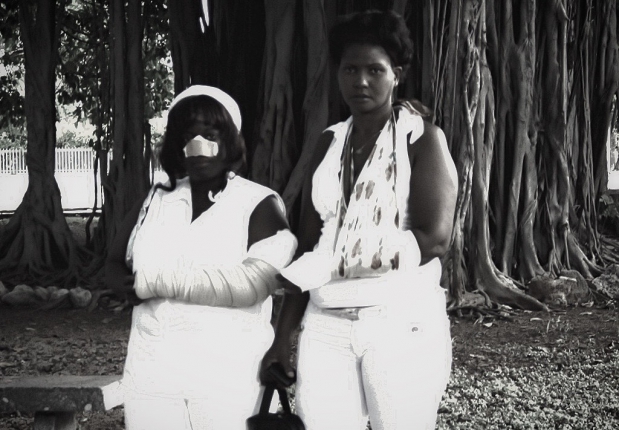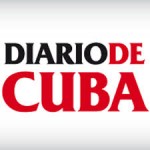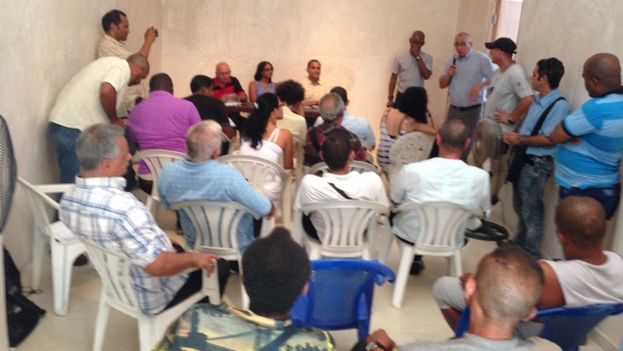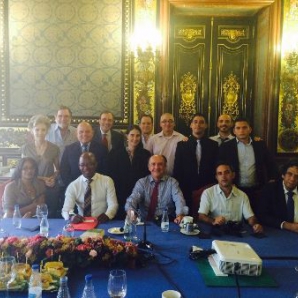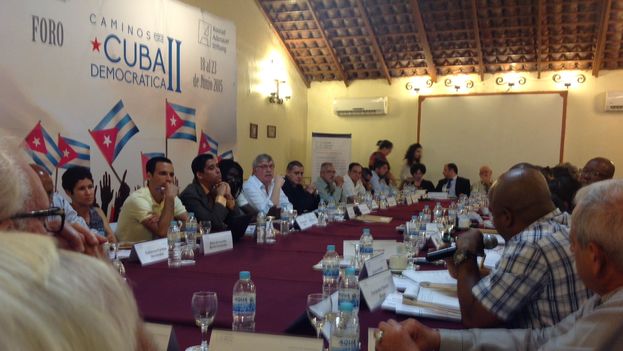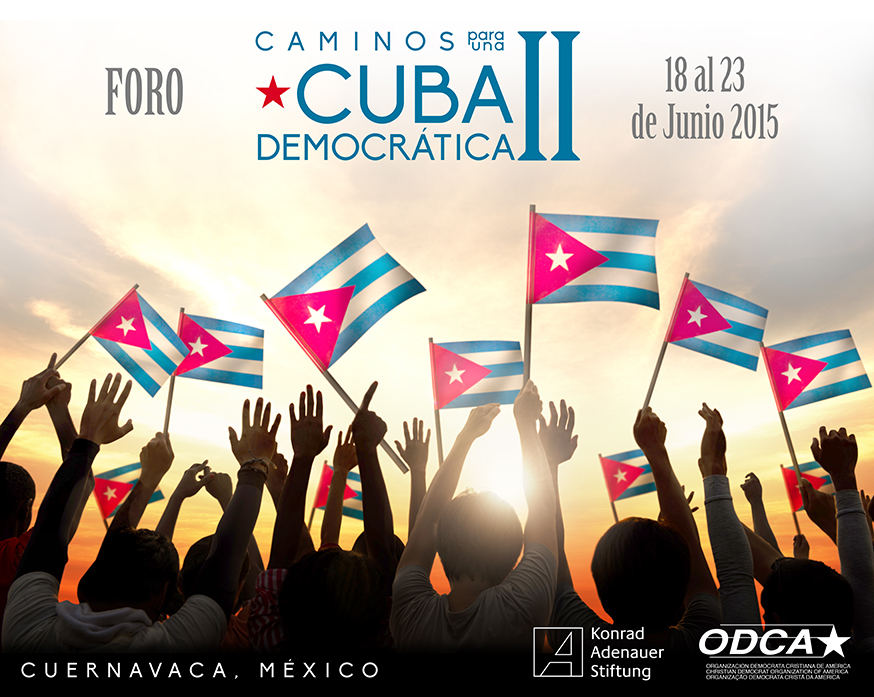The invisibility of Afro-descendants’ poverty, along with enduring stereotypes and prejudices, contributes to the perpetuation of historic situations of segregation and exclusion, racism, and racial discrimination. Afro-descendant women, in particular, face major obstacles to the enjoyment and exercise of their rights, be these civil, political, economic, social, or cultural.
Official statistics state that men and women of African heritage on the Island constitute a minority. However, the general perception is that the official information does not reflect reality insofar as the ratio of races is concerned. continue reading
In the 2002 Census, the Cuban population was tabulated at 11,177,743 inhabitants. Of these, 65% were categorized as white, 10.1% as black, and 24.9% as mixed-race. In 2012, there was a reduction in the number of blacks: 9% men, and 8% women. The State admits that this tendency towards reduction can be traced back to 1981, when blacks made up 12% of the population. Presently, they comprise 9.26%.
As of today there is no official information to explain this trend. There are various potential reasons. The first is related to self-identification. There is no “Afro-descendant” option as a Census category, nor are questions asked that would identify the heritage and ethnic membership of the Afro-descendant population.
Official data do not distinguish between ethnicity and race. They are focused on personal identification, based on “skin color,” which provokes social inequalities.
The data-collectors operate totally according to their own judgment, and without surveying the interviewees, because they consider the question of little importance, or “offensive.” What they do not realize is the impact of skin color on the answers.
Meanwhile, the State does not provide public education and consciousness-raising about the categories, which would promote correct self-identification on the part of Afro-descendants, nor does it sensitize the data-collectors about this subject.
Regarding skin color, the Census provides information only as it pertains to gender, age, marital status, residential zone, and working vs. retirement age.
It is impossible to know from the data of the last Census what percentage of professionals in the country are black, and in what region, provinces, municipalities and neighborhoods they are concentrated.
Statistics are fundamental. They paint a picture of the situation and are a way to discern one group among others. Data facilitate the design and adoption of public policies that take into account concrete needs. Without reliable data, without indicators and periodic measurements, it is impossible to make political decisions geared to confronting the problem of discrimination.
The current trend is for the mixed-race population to increase. Between 1981 and 2012, this segment grew by 4.62%, while the black population decreased by 2.74%, and the white by 1.88%
Racial Profiling
How can we identify racial profiling and bias in the criminal-justice system that persist in practice and directly affects the Afro-descendant population, such as the mechanism for selective and discretionary detention and investigation? And how can we develop strategies to eliminate it?
The practice of racial profiling, or the establishment of racial profiles as a “repressive action,” is adopted for supposed reasons of security or public protection, and is based on stereotypes of race, color, ethnicity, language, heritage, religion, nationality or place of birth, or a combination of these factors—and not on objective suspicions. This practice tends to single out in a discriminatory manner individuals or groups who meet erroneous criteria for propensity to certain types of criminal behavior by people with certain characteristics.
The establishment of racial profiles includes the practice by police officers and other law enforcement officials of using race, color, heritage, or national or ethnic origin as a reason to subject people to activities for purposes of investigation, or to determine if they are committing criminal acts.
The Afro-descendant population is more susceptible to being suspected, persecuted, processed and sentenced. Selective detentions of persons of color based on racial profiles, unjustified police surveillance, and negative interactions with the police are common, as are elevated arrest rates and an over-representation of persons of African origin in the criminal justice system.
These circumstances are exacerbated by a lack of information provided to the persons detained by the police (and a lack of self-identification), and because the more individual discretion an agent has in handling a situation, the more he or she relies on stereotypes.
People of color, especially young people, invest vast sums of money in their appearance and dress, so as to avoid negative interactions with security agents. The latter exert more intense control over them than over people with white skin in terms of requiring identification documents, and performing searches and seizures, primarily because of the established “suspicious person” profile: generally young, male and Afro-descendant.
The police maintain the notion of the “suspicious person” and utilize categories constructed on the basis of “intuition,” “experience,” “sense of smell,” or “facial bearing.” There is also labeling done, according to which the harsh living conditions that many black people must face, classifies them as more prone to commit crimes, principally of property.
Access to Justice
The lack of mechanisms for complaint, judicial guarantees, reparation, and the lack of sensitivity of justice personnel (administrative or judicial) in relation to racial discrimination, contributes to the persistence of racism on the Island, deepens the resignation of the discriminated groups to their lot, and perpetuates patterns of segregation and exclusion.
The government does not report complaints or cases of discrimination. This shows how the victims lack knowledge of their rights and confidence in the police and/or judicial authorities, and how insensitive and inattentive these authorities are to instances of discrimination.
Such paucity of records of racial discrimination shows that such cases do not come to the attention of the justice system, nor have they been taken up by the courts, and it denotes the obstacles to legal access and the absence of effective legal guarantees for the dark-skinned population. It is common for the authorities to use inappropriate and discriminatory discourse against these persons.
Regarding criticisms and discriminatory comments, there is a total tolerance for them in the communication media and in recreation centers, where “jokes about blacks” and racist comments are freely bandied about.
There is no judicial recourse for their protection, which results from a process of “resignation in the face of historic and endemic injustice,” being that “there is no devolution of the processes of complaint that implicate a fault of the complainant.”
Afro-descendants’ lack of confidence in the judicial system is influenced by the obstacles they face in accessing the courts to pursue cases of racism: the racist insult, not being framed in the law, remains unpunished in the majority of cases.
Generally speaking, the police refuse to accept and settle these types of claims because they consider them irrelevant. There are, additionally, issues of difficulty in proving such accusations, and lack of adequate investigation, standardized procedures, or guidelines.
This same attitude is replicated at the judicial level, insofar as the judicial authorities do not, as a matter of course, process claims of discrimination, nor are they willing to receive such complaints.
Situation of the Afro-Descendant Woman
Racism in Cuba particularly affects Afro-descendant women, who historically have suffered a triple discrimination based on their sex, extreme poverty, and race. Although this is has been a reality throughout the history of country, during the last 50 years it has been buried under a supposed social equality. The special needs of black women—tied to other factors such as religion or beliefs, health, civil status, age, class, sexual orientation and gender identity—have been totally ignored by State policies, thus feeding contemporary forms of racism and racial prejudice in our society.
Such discrimination impacts Afro-descendant women in a special way. Statistics show that they are even poorer and have fewer possibilities of accessing housing, health care, and education than white men, Afro-descendant men, and non-Afro-descendant women, and even fewer possibilities to attain employment and political participation.
The Afro-descendant community overall lives in the poorest regions, but the weight of discrimination is even greater for women of African heritage because their multiple roles, both within and outside the home, and is not adequately reflected in their social position, employment, and salary. Compared to the rest of the female population, they are notoriously underrepresented in decision-making, such that “in the political sphere, only a miniscule number of Afro-descendant women have been able to obtain positions of power.”
There are no studies that contrast the situation between white women and their Afro-descendant counterparts.
Concrete Cases
Laura Masa: Afro-descendant woman 50 years of age, mother raising a son who suffers from paranoid schizophrenia. She has resided in the El Morado district, La Lisa municipality, Havana province, since 1990. Her house, which is in a terrible state of disrepair, has wooden walls, a dirt floor, and an asbestos roof. It consists of one multi-purpose room (bedroom and kitchen), with no toilet, and is in danger of collapsing.
The authorities are aware of her situation, and recommend construction of a dwelling from the ground-up to avoid accidents. She has been requesting help from the State for 25 years. In August 2014, Masa asked the authorities to recognize her as the owner of the land she occupies and provide her with a construction subsidy. So far she has not received a response, and her situation is worsening. Water service is denied her because she does not hold the title to her real estate.
Yurliani Tamayo Martínez: Afro-descendant woman 33 years of age, mother of two daughters. She lives in the 10 de Octubre municipality, inside a school building that is in danger of collapsing, which lacks water and sewer connections, has leakages and broken sewers, and is infested with rats, cockroaches and mosquitoes. She has written to the authorities, but there are no available dwellings and, apparently, there are other, worse cases than hers.
In 2010, a day after Hurricane Gustav passed over the area, she entered the dwelling whose former residents had left the country. Functionaries and police officers tried to lure her out with threats of physical violence. The harassment continued, and Tamayo Martínez feared that if she went outside, her children would be snatched from her to force her to give up the dwelling.
On 9 April 2010, at 4am, she was sleeping with her daughters of 4 years and 1 year of age, respectively. A rumbling frightened the smaller one. They started to scream. The electricity was cut off. A man said, “Open up, it’s your cousin, Noslen.” But Tamayo Martínez does not have a relative by that name. She took her little ones in her arms and tried, in vain, to prevent the intruders from knocking down the door.
Two uniformed policemen entered via the balcony. A plain-clothed man dragged her by one foot, while the others let in an official who tore her girls from her arms, despite the screams. They dragged her by the hair. Upon being immobilized, Tamayo Martínez couldn’t see, but felt a foot pressing down on her head while the men shouted obscenities at her. A hand squeezed her face. She instinctively bit a finger. A blow to her face loosened one of her teeth.
They picked her up from the floor by the handcuffs and took her and her daughters out into the hallway, barefoot and in their underwear. They led them down the stairs and put Tamayo Martínez in a patrol car. A female police officer slapped her while hurling insults. They took off at lightning speed but a few hundred meters away they remembered that they had left the little girls semi-clad in the chill of the dawn. They returned. They hurriedly grabbed the girls and threw them into the car. One fell backward on her little arms, and the other landed face-down. They screamed for their mother between sobs, while the officer yelled that they were under arrest.
After 12 hours they were taken to a doctor. The older of the girls and Tamayo Martínez had contusions. Because they had nowhere to go, the officials threatened Tamayo Martínez that they would take the girls to a home for children without parental protection, and that she would go to prison. Her family had to claim them. They returned to the hospital the next day. The orthopedist diagnosed a fractured elbow and a contusion in her shoulder. Her pains continued, caused by a fracture in the second vertebra where the spinal column connects to the cervical spine–a life-threatening injury.
Yaumara Brown Surit: Afro-descendant woman, 33 years of age. At 6 am on 7 September she was evicted by functionaries of the Municipal Housing Authority, who were accompanied by officers from the National Police. They kicked down the door and evicted her along with her two small children. Violence and bad treatment ensued at the hands of the State functionaries. Brown Surit was arrested along with her children, Sheyla and Maykel Valdivia Brown, 11 and 4 years of age, respectively, who witnessed the arbitrariness of the functionaries from the Housing Authority and the Police. Now, Sheyla does not want to go outside to play for fear of leaving her mother and something happening; she presents symptoms of regression, she awakens in a panic from nightmares, wets herself, and is under psychiatric treatment for anxious adaptive disorder.
Niurka Pérez Carbó: Afro-descendant woman of 60 years of age, suffering from ischemic cardiomyopathy, mother of a prison inmate. On 18 November 2018, she was attacked in the very police station where she tried to stop the detention of her son. The desk clerk struck her with the back of his hand, and then various police officers joined in the attack. They shoved her, dragged her by the hair and arms, beat her on the breasts and neck, and kicked her. One agent pulled on her left arm and caused a fracture of the elbow at the joint.
María Isabel Rodríguez: Mother of a prison inmate who since his adolescence has been a target of unjustified police surveillance, due to various members of his family having been tried in court. Her son was arrested for pre-criminal dangerousness and anti-social conduct for having gone straight home from work every day for three years. The local police authority, unsatisfied with the charges, continued harassing him.
María Isabel Rodríguez told the official that he was a liar and was lacking in professional ethics. He accused her son of calling him corrupt, and this resulted in his arrest. She went with her son and took responsibility for the action, but her son incriminated himself and pleaded for his mother to be left in peace. He was then transported to a prison cell by two agents.
María Isabel Rodríguez tried to stop the agents when Captain Jorge Luiz punched her in the chest, telling her to shut up, and the Section Chief gave her another blow in the same spot. She asked why she was being beaten, being that she had spoken the truth, and that the Section Chief is indeed corrupt. They then charged her with disrespect. When she refused to sign the complaint, they took her hand by force and marked the document with her fingerprint. They put a 1,000-peso bond on her son. She then demanded to file a complaint against the Section Chief for all the mistreatment inflicted on her and her son, but another official asked her if she was crazy, expecting them to “file a complaint against themselves.”
Female, Black, Poor, and… Dissident
Dissidents are, according to the Government, persons of low class. But if a dissident is also Afro-descendant, then she is also troublesome, rude, vulgar and disrespectful of the authorities. Madelaine Lázara Caraballo Betancourt, 45, y Sonia Garro Alfonso, 39, black women who are dissidents, were criminally prosecuted. Both reside in zones where Afro-descendants are the majority.
In both their cases, at the time of arrest, the authorities used excessive force. Both women were labeled “arrogant and problematic” and accused of consorting with persons of low social conduct to “demonstrate against the Government.” So as to stigmatize them, they contextualize the events using obscene phrases and language that is generally not employed in provisional summaries by prosecutors.
For her part, Madelaine Lázara Caraballo Betancourt, a carrier of HIV-AIDS, was tried for public disturbance, disobedience, and resistance to authority. On the afternoon of 1 October 2012, she tried to stop the eviction of her family. Her daughter, with her minor grandchildren, had occupied an abandoned and uninhabitable tenement block in Old Havana. According to the authorities, Caraballo Betancourt began screaming obscenities and hurled a spit gob that “hit the chest” of an official. She hung on to a railing at the entrance to the building. Agents beat her until she let go, causing a trauma to her left shoulder. Madeleine served almost two years in the San José de Las Lajas Penitentiary, a prison in Mayabeque province for HIV-AIDS carriers.
References
Arrieta, L. C. (15 May 2013). Initial Findings of the Prosecutor Against Lázara Madelaine Caraballo Betancourt. Havana, Cuba.
Inter-American Commission on Human Rights. (5 December 2011). Situation of Afro-descendant Persons in the Americas. Washington D.C., United States of America.
Committee for the Elimination of Racial Discrimination. (20 January 2010). Periodic Reports Nos. 14, 15, 16, 17 & 18 that the States Parties Should Present in 2007—Republic of Cuba. Reports Presented by the States Parties in Accordance with Article 9 of the Convention. United Nations, Geneva, Switzerland.
Committee for the Elimination of Racial Discrimination. (15 December 2011). Periodic Reports Nos. 14 – 18 for Cuba (continuation)- Act resumed in the 2056th session. Examination of reports, observations and information presented by the States Parties in Accordance with Article 9 of the Convention (continuation). United Nations, Geneva, Switzerland.
Committee for the Elimination of Racial Discrimination. (2 November 2011). Periodic Reports Nos. 14 – 18 for Cuba- Act resumed in the 2055th session. Examination of reports, observations and information presented by the States Parties by Virtue of Article 9 of the Convention (continuation). United Nations, Geneva, Switzerland.
Committee for the Elimination of Racial Discrimination. (8 April 2011). Final Observations of the Committee for the Elimination of Racial Discrimination- Cuba. Examination of Reports Presented by the States Parties in Accordance with Article 9 of the Convention. United Nations, Geneva, Switzerland.
National Office of Statistics. (September 2005). Census of Population and Housing-2002. Cuba.
National Office of Statistics. (2013). Census of Population and Housing-2012. Cuba.
Pérez, L. V. (7 August 2013). Provisional Conclusions of the Public Prosecutor against Sonia Garro Alfonso. Havana, Cuba.
Sentence No. 415, Case No. 2018/2010, for Crimes of Attack against Yurleany Tamayo Martínez (Fifth Chamber of the Provincial Criminal Tribunal of Havana, 30 September 2010).
Yeg, L. (21 June 2010). Provisional Conclusions of the Public Prosecutor against Yurleanis Tamayo. Havana, Cuba.
Translated by: Alicia Barraqué Ellison
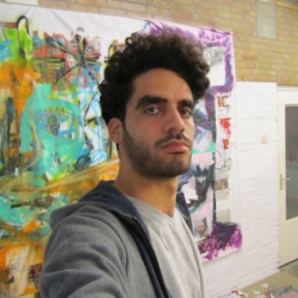
![]() 14ymedio, Havana, 6 December 2016 — The artist Danilo Maldonado, known as ‘El Sexto’ (The Sixth), was transferred Sunday from the police station at Zapata and C in Vedado to the Bivouac Calabazar criminal prosecution center in Havana. The graffiti artist’s mother, Maria Victoria Machado, visited him on Monday morning and told 14ymedio that the prosecution could keep him there for up to two months.
14ymedio, Havana, 6 December 2016 — The artist Danilo Maldonado, known as ‘El Sexto’ (The Sixth), was transferred Sunday from the police station at Zapata and C in Vedado to the Bivouac Calabazar criminal prosecution center in Havana. The graffiti artist’s mother, Maria Victoria Machado, visited him on Monday morning and told 14ymedio that the prosecution could keep him there for up to two months.
